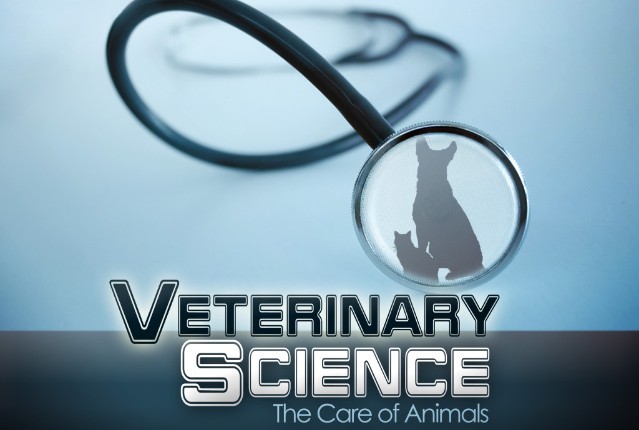
Veterinary Science: The Care of Animals
Whether you want to step into the wild side of veterinary medicine or just take care of loveable dogs and cats, explore how to care for domestic, farm, and wild animals, diagnose their common diseases and ailments, and learn about different veterinary treatments. If you have always been drawn to the world of our furry, scaly, and feathered friends, this is the course for you!
Review course outlineAccess for a year
USD 299.00*
* Choose more courses to get a discount




